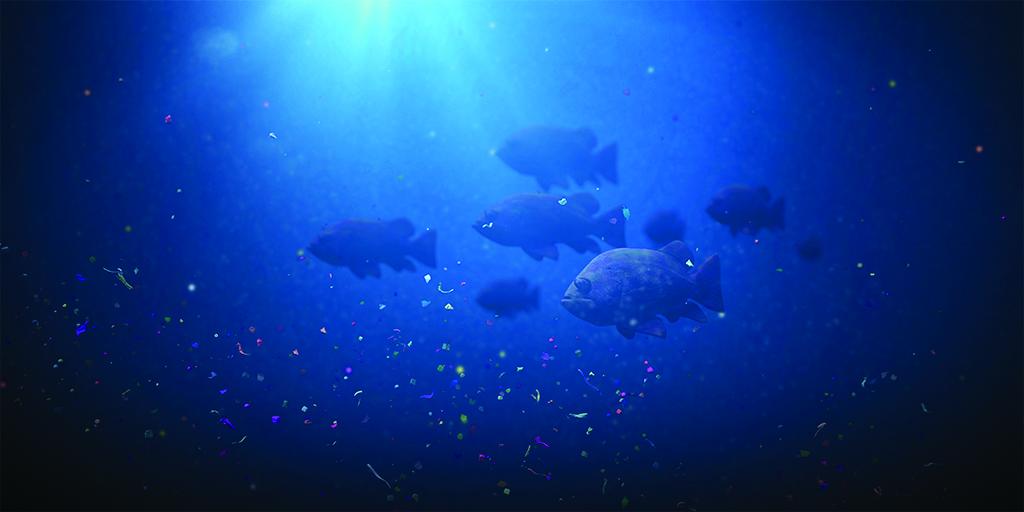
Scientific Discovery and Creation’s Groan
A landmark study published by the Royal Netherlands Institute for Sea Research and Utrecht University reveals a startling reality: The North Atlantic Ocean contains some 27 million tons of nanoplastics—pollution so fine that it had long evaded detection. These tiny particles are smaller than the width of spider silk, yet according to this new estimate, their combined mass outweighs the entire collection of larger plastic fragments found throughout the whole Atlantic Ocean—and, perhaps, all the oceans of the world combined (NIOZ, July 9, 2025). According to Sophie ten Hietbrink, PhD student in Geochemistry at Stockholm University, it is “a shocking amount.” The vast amount of these invisible pollutants illustrates how human activities have impacted even the most untouched parts of creation.
Such research highlights the relevance of the Apostle Paul’s writings for us today. Paul wrote in Romans 8:22, “For we know that the whole creation groans and labors with birth pangs together until now.” This verse comes alive in the context of this recent study on nanoplastics. Though largely unseen, these pollutants permeate the waters of our planet. The ocean—often hailed as a symbol of life, renewal, and majesty—now endures the burden of microscopic human excess. The oceans groan under the weight of synthetic materials, reflecting the bondage Paul describes. However, we can look forward to the times of restoration (Acts 3:19–21), when the sea will again be a fitting picture of God’s pure word (Isaiah 11:9; Habakkuk 2:14). In many ways, the groaning of creation is not just an abstract concept. Rather, it is also a scientific and ecological fact—one with many spiritual lessons to teach. To learn more, you can watch “Let’s Fix the World!”



